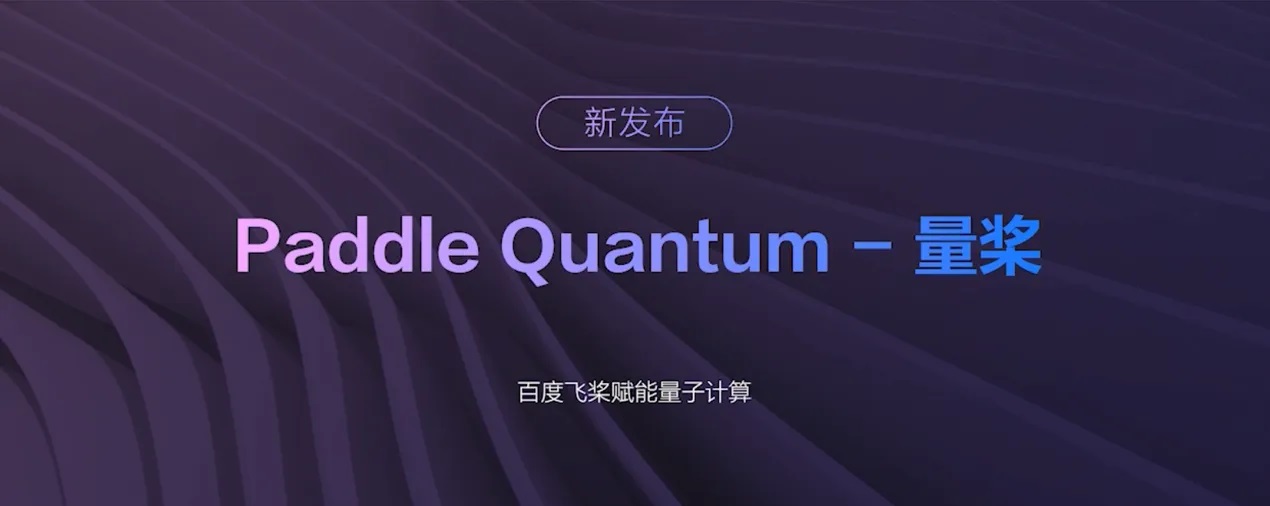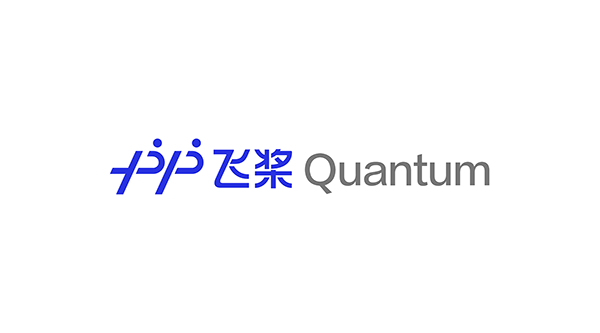Paddle Quantum machine learning toolkit
Chinese internet giant Baidu Inc. has unveiled a new toolkit for quantum machine learning, known as Paddle Quantum. The toolkit, newly open-sourced Wednesday, comes with several quantum computing applications and is meant to be used by developers to build and train quantum neural network models. It’s built atop the company’s deep learning platform PaddlePaddle, which is used power its artificial intelligence services.
Paddle Quantum can be used to support quantum circuit models and general quantum computing research. For example, it can be used to simplify the implementation of a promising quantum algorithm, called the Quantum Approximate Optimization Algorithm, by 50%.Researchers in the quantum field can use the Paddle Quantum to develop quantum artificial intelligence.
Baidu also announced a number of new tools that provide a total of 27 enhanced features for the PaddlePaddle framework. The tools include Paddle.js, which is a deep learning JavaScript library that enables developers to use AI within a browser or mini-programs for applications such as WeChat.
Paddle Quantum Features
Paddle Quantum, available now on GitHub, consists of a set of quantum machine learning toolkits, including quantum development tools, a quantum chemistry library, and a set of optimization tools. It also supports three quantum applications: quantum machine learning, quantum chemical simulation, and quantum combinatorial optimization.
Paddle Quantum’s ease-of-use feature enables developers to build a simple quantum neural network or create their models following step-by-step quantum machine learning cases.
Developers also stand to benefit from Paddle Quantum’s versatility and scalability. Baidu has systematically added a number of underlying functions to PaddlePaddle, including complex variable definitions and matrix multiplications that allow Paddle Quantum to support quantum circuit models, as well as general quantum computing research.
Many quantum computing applications focus on solving combinatorial optimization problems and quantum chemistry simulations. Paddle Quantum provides a set of tools dedicated to these critical problems that our developers can experiment with directly. Baidu has also introduced some new quantum machine learning models that lay a foundation for applications like Gibbs state preparation, an essential task for quantum computation.
Along with Paddle Quantum, Baidu disclosed a novel implementation of the Quantum Approximate Optimization Algorithm (QAOA), which was proposed in 2014 to solve NP-hard Maximum cut problem. The Max-cut problem consists in finding a subset S of a graph’s vertices such that the number of edges between S and the complementary subset is as large as possible. This problem has applications in theoretical physics, VLSI circuit design, and other fields.
Another tool is Parakeet, which is a text-to-speech toolkit that supports models including ClariNet and WaveFlow. Then there’s Paddle X, which is an integration development tool that enables faster data processing.
Quantum machine learning prospects
Baidu’s newest toolkit is a sign of maturation of the quantum machine learning market, where the battle has moved away from hardware architecture to software, platforms and frameworks. As with all open source projects, adoption matter and we have to see how widely Paddle is being used in a few months.”
Baidu also provided a general update on PaddlePaddle’s adoption, saying it’s now being used by more than 1.9 million developers at 84,000 businesses. So far, about 230,000 deep learning models have been created using the platform.PaddlePaddle has unprecedented opportunity for the development, given the rise of industrial intelligence and the acceleration of AI-powered infrastructure.
Baidu's Paddle Quantum is a sign of maturation of the quantum machine learning market, where the battle has moved away from hardware architecture to software, platforms and frameworks. Click To TweetAbout Baidu
Baidu, Inc. is a Chinese multinational technology company specializing in Internet-related services and products and artificial intelligence (AI), headquartered in Beijing. Baidu was incorporated in January 2000 by Robin Li and Eric Xu.

Baidu offers various services, including a Chinese search engine, as well as a mapping service called Baidu Maps. Baidu offers about 57 search and community services, such as Baidu Baike (an online encyclopedia), Baidu Wangpan (a cloud storage service), and Baidu Tieba (a keyword-based discussion forum).
Here you can read more about Tensorflow Quantum and Azur Quantum

Leave a Reply